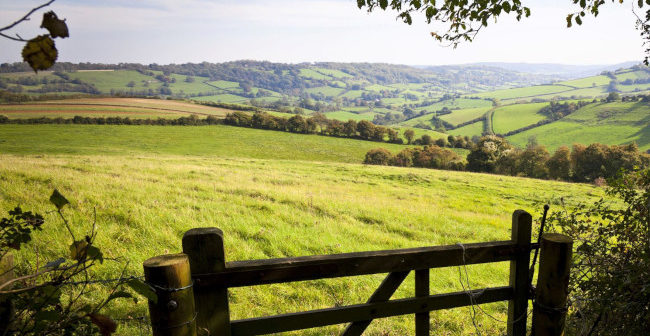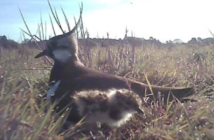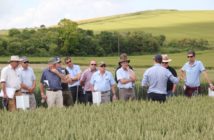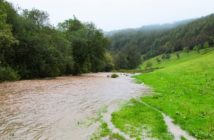Highlights of the Central Association of Agricultural Valuers (CAAV) national conference and AGM: how agricultural valuers could help farmers transition and understand what climate change responses could mean for their businesses.
Speaking at the AGM in Liverpool, CAAV secretary and adviser Jeremy Moody said: “If climate change is a crisis then you have to start doing things now for actions to be less costly and most effective. Whether it is land use, soil, buildings, leadership, staff or carbon pricing, this bears on rural land management and farming in the 2020s. This year’s weather shows we now have much to more adapt to.”
“The role of the professional is to help clients understand their resources, weaknesses, land tenure, development controls and give advice. We are looking at nascent markets, barely developed and barely regulated. With any proposal in this area, the valuer’s job as adviser is to look the gift horse in the mouth – it is worth accepting?”
Mr Moody also highlighted the importance of reading between the lines of any proposal, for clients or advisers.
“What is being sold and bought,” he asks. “What does that mean and is it worth it? What are the obligations and liabilities? How far might they frustrate future options? The obligations to deliver carbon credits might follow the seller after leaving the farm? Does it affect a farm tenant’s security of tenure? Does the use meet the tests for Agricultural Property Relief or Business Property Relief? And how is it treated for other taxes?”
He concluded by saying that profit and opportunity will ultimately depend on the business. “The government can have all the policy it likes. Regulation can be good at telling people not to do things. But, ultimately, choices made will depend on what families decide to do with their land, ideally having taken the best advice we can give for their objectives. Where they choose to go is where our countryside will go.”




